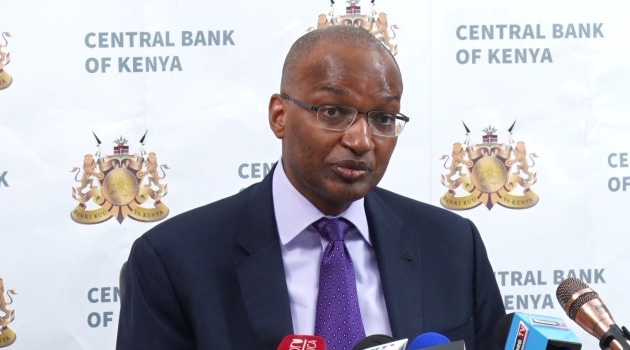The cheery global outlook of a year ago has turned to impending gloom. Central bankers in advanced economies finally found their resolve to deal decisively with record-high inflation, no matter if the global recovery stalls. Their earlier indecisiveness drew the ire of the financial markets and citizens braced for further blows to their livelihoods. These actions have also had wider spillovers, particularly the frontier and emerging market economies, which if ignored would imperil all economies.
These recent policy moves have amplified—not reduced—three global concerns: unanchoring of inflation; the marked strengthening of the US dollar; and turbulence in the leading financial markets. These winds have combined into a perfect storm for Emerging Markets and Developing Economies (EMDEs). However, there is little effort to capture these spillovers in the policy choices of advanced economies, even as the spillbacks include material financial stability risks.
The current conjuncture arises from diverse factors, with excess liquidity from the pandemic response measures and supply chain disruptions as the early triggers. The war in Ukraine and the resultant disruptions to energy supplies and global food chains have exacerbated the situation. Escalating inflation everywhere is elevating the cost of living, crushing the economic recovery, and making a global recession virtually certain. For low and middle-income countries, the high prices and shortage of food products, fuel, and fertilizers are particularly damaging. The United Nations has warned of “a global emergency of unprecedented magnitude” with up to 345 million people at risk of starvation.
Read: CBK Differs With DP Rigathi Gachagua On Foreign Exchange Reserves
Monetary authorities in advanced economies led by the US Fed are now playing catch-up and raising interest rates sharply. This has generated significant volatility and movements in the financial markets with substantial spillovers. The US dollar has surged to a 20-year high against a basket of major currencies, pushing the euro, sterling pound, Japanese yen
and several emerging markets currencies to historic lows. Further, with the resultant flight of capital to the safety of the US dollar, financing from the global capital markets has dried up for EMDEs and particularly for the frontier economies. This has made it difficult to close the fiscal and external financing gaps in those countries.
In the wake of more volatile markets and a global recession, EMDEs will bear the brunt through no fault of their own. In designing emergency policies to protect their populations, policymakers in low- and middle-income countries are severely constrained by the limited fiscal space and high debt levels post-COVID. The drying up of external commercial and concessional financing has only served to worsen the situation. Unfortunately, the traditional safety nets do not appear to be ready for the impending storm. They remain small, ineffective, and unable to take up the slack. Concerns about debt levels have severely limited the scope for additional borrowing from International Financial Institutions (IFIs). This state of affairs calls for urgent action.
First, policymakers in advanced economies should place more weight on the spillovers of their policies on EMDEs. A useful starting point would be considering the spillbacks from financial stability risks in EMDEs. The just concluded IMF/World Bank meetings in Washington DC provided a platform to reaffirm stronger solidarity among nations. The jury is still out on whether this message was received with the appropriate urgency.
Read: CBK Differs With DP Rigathi Gachagua On Foreign Exchange Reserves
Second, the global economy needs rebuilding, starting with eradicating food shortages. Resolving the fundamental supply chain constraints, particularly for oil, food and other essential commodities is imperative. Availability of food is critical, especially in the Horn of Africa, where famine is imminent, and millions more staring at hunger. A related important component will be addressing climate change and accelerating the transition to a low carbon-climate resilient global economy. Significant public and private sector finances will be required in the transition.
Third, policymakers in advanced economies should support the immediate strengthening of safety nets for EMDEs from the IFIs. As an immediate step, the level of support from the bilateral and multilateral development partners to frontier economies should be increased, sped up, and made more flexible. This could also be in the form of debt management operations that increase fiscal space and ease debt constraints. These are especially critical in this cycle.
Fourth, EMDEs will need to sustain strong macroeconomic policies and strengthen the structure of their economies, as a basis for their resilience. This includes diversifying their economies for greater protection against shocks and to spur inclusive growth.
Finally, EMDEs bearing the brunt of the actions of the advanced economies should stand together. They should raise their collective voices at the IFIs and other international bodies regarding the acute difficulties that they face. They should also learn from each other, and lean on each other.
Dr Patrick Njoroge is the Governor of the Central Bank of Kenya.
Email your news TIPS to editor@thesharpdaily.com
















